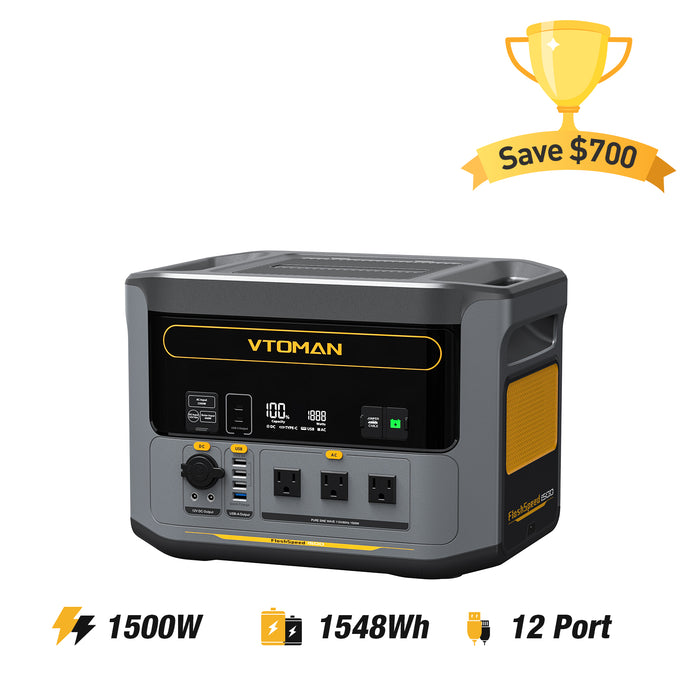Transitioning to an off-grid lifestyle can be both exciting and challenging. One of the most crucial aspects of this journey is understanding the required wattage for an off-grid household. This knowledge not only helps in planning your energy needs but also ensures that you can live sustainably without relying on traditional power sources.

Assessing Your Energy Consumption
To determine the required wattage for an off-grid household, start by assessing your energy consumption. What appliances do you use daily? Each device has a specific wattage rating, which indicates how much power it consumes. Here’s how you can calculate your total energy needs:
- List all appliances and devices you plan to use.
- Find the wattage rating for each appliance, usually found on a label or in the user manual.
- Estimate the number of hours each appliance will be used daily.
- Multiply the wattage by the hours used to get the daily watt-hour consumption for each device.
By summing these values, you can find the total watt-hours required for your household. This total is essential for determining the required wattage for an off-grid household.
Understanding Peak and Average Wattage
When calculating the required wattage for an off-grid household, it’s important to differentiate between peak and average wattage. Peak wattage refers to the maximum power needed when all devices are running simultaneously, while average wattage is the typical power consumed over time. Why is this distinction important? If your solar panels or generators cannot handle the peak load, you may experience power outages.
Choosing the Right Energy System
Once you have a clear understanding of your energy needs, the next step is selecting the right energy system. Consider the following options:
- Solar Power: Solar panels are a popular choice for off-grid living. They convert sunlight into electricity, which can be stored in batteries for later use.
- Wind Energy: If you live in a windy area, wind turbines can complement your solar system, providing additional energy.
- Generators: Backup generators can be useful for emergencies but should be used sparingly due to fuel costs and environmental impact.
Each of these systems has its own advantages and disadvantages, so it’s essential to choose one that aligns with your energy needs and lifestyle.
Final Thoughts on Required Wattage for an Off-Grid Household
Understanding the required wattage for an off-grid household is vital for ensuring a smooth transition to a self-sufficient lifestyle. By accurately assessing your energy consumption, distinguishing between peak and average wattage, and selecting the right energy system, you can create a sustainable living environment. For more detailed insights, check out this informative article on off-grid living wattage requirements.








